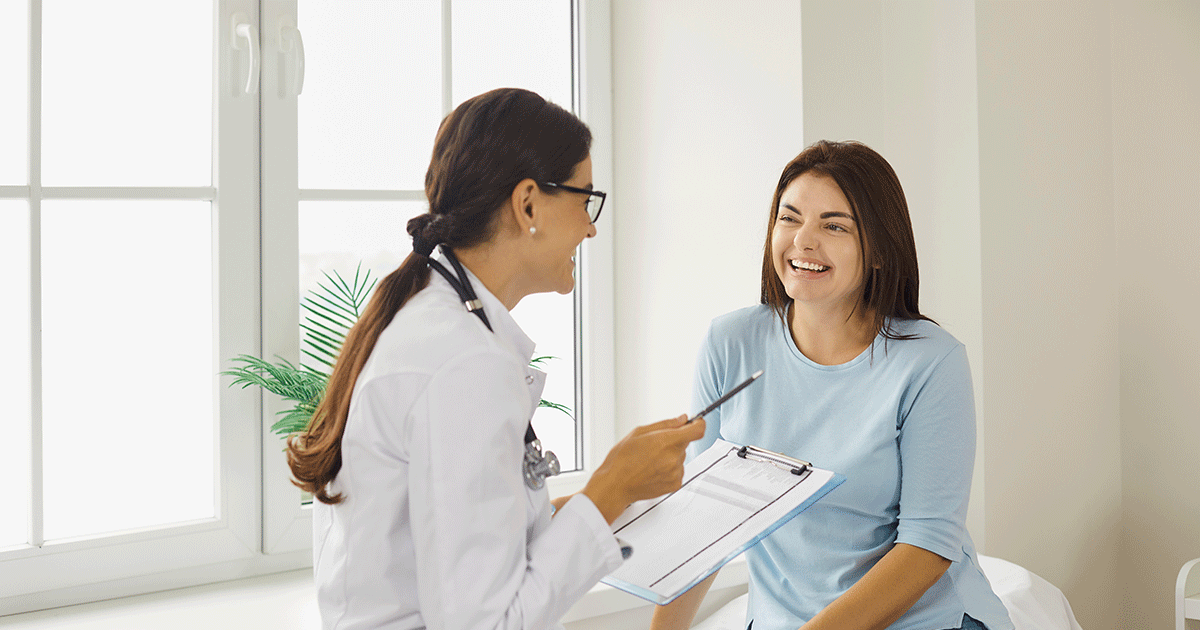Signs of an STD (Sexually Transmitted Disease) can easily be overlooked and could be life-threatening if not treated. It’s important to recognize early signs of an STD if you are sexually active and have been sexually active with another partner.
If you are sexually active and haven’t been tested yet, whether you’re experiencing symptoms of an STD or not, get tested today. Some people experience many signs, while others don’t feel anything. Get the clarity you need.
What is an STD?
An STD1 is a sexually transmitted disease that is transmitted from one person to another by sexual contact. This includes vaginal, anal, or oral sex, sometimes even transmitted through skin-to-skin contact. They are caused by viruses, bacteria, and parasites. Some of the most common 1types of STDs include:
- Chlamydia
- HPV
- HIV/AIDS
- Syphilis
- Trichomoniasis
- Genital herpes
- Gonorrhea
What are the early signs of an STD?
The earlier you can catch the signs of an STD, the better. It is important to note that most people who have Chlamydia and Gonorrhea have no symptoms. According to the CDC, STD symptoms vary in the time they appear. For example, Chlamydia2 can show up multiple weeks after you’re infected, and Gonorrhea3 between 1-14 days after infection. Here are some of the most common early signs of an STD:4
- Burning sensation when urinating
- Unusual discharge
- Abnormal vaginal bleeding
- Pain during sex
- Bumps on genitals
- Pelvic pain
If you test positive for an STD, it’s important to set up a treatment plan. While some STDs are easier to treat or cure, some require more in-depth treatment plans to manage them.5
Where can I get tested?
If you think you are experiencing STD symptoms or you simply want clarity, get tested at our clinic today. We provide free testing and treatment for Gonorrhea and Chlamydia, the two most common bacterial STDs. STD testing is the best way to detect infections early. Detecting an STD early will reduce your risk of causing permanent harm to you and your reproductive health.
Contact North Care Women’s Clinic to talk with a professional who can answer your questions and talk to you more about STD testing.
References:
- “Sexually Transmitted Diseases Sexually Transmitted Diseases.” Medline Plus, https://medlineplus.gov/sexuallytransmitteddiseases.html.
- “Chlamydia – CDC Fact Sheet.” CDC, https://www.cdc.gov/std/chlamydia/stdfact-chlamydia.htm#:~:text=Most%20people%20who%20have%20chlamydia,can%20damage%20your%20reproductive%20system.
- “Gonorrhea – CDC Fact Sheet (Detailed Version).” CDC, https://www.cdc.gov/std/gonorrhea/stdfact-gonorrhea-detailed.htm#:~:text=What%20are%20the%20signs%20and,fourteen%20days%20after%20infection%205.
- “7 STD Symptoms You Should Know About, According to Experts.” Health.com, https://www.health.com/condition/sexual-health/std-symptoms.
- “Sexually transmitted disease (STD) symptoms.” Mayo Clinic, https://www.mayoclinic.org/diseases-conditions/sexually-transmitted-diseases-stds/in-depth/std-symptoms/art-20047081






